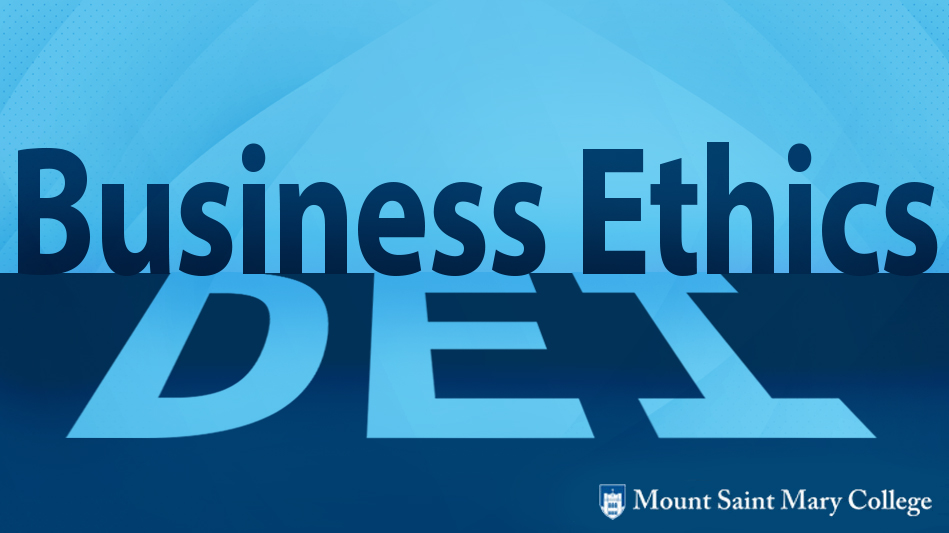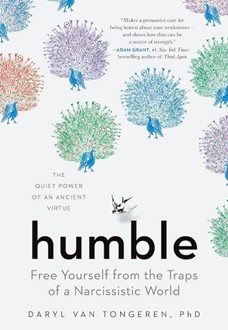By Jennifer A. McCabe, Ph.D., Goucher College
Multiple studies have demonstrated that college students report using less-than-optimal learning strategies when preparing for exams. Without explicit instruction on effective techniques, along with guidance on how to engage in metacognitive monitoring and evaluation of their learning processes, it is not clear how this situation will improve. One of the many ways in which this goal could be achieved is through a specific technique called “exam wrappers.”

An exam wrapper (also known as a “cognitive wrapper”; Bowen, 2017) is a brief activity in which students complete a form to assess their recent exam performance, describe and reflect on how they prepared, and make a strategic plan for future improvement. This would typically be given to students upon receiving exam grades, with the goal to shift the focus from course content and exam outcome (grade) to the learning process itself. Since being introduced by Marsha Lovett in 2013, educators have been encouraged to use this tool to improve student metacognition and, ultimately, performance on exams and assignments.
There is surprisingly little well-controlled research on exam wrappers, and the several studies that have evaluated their impact are lacking in statistical power, internal validity, and/or generalizability. Raechel Soicher and Regan Gurung note this issue at the start of their 2017 article in which they report the results of an exam-wrapper intervention in introductory psychology. They compared an exam wrapper (modeled on Lovett, 2013) to both a “sham wrapper” condition in which students evaluate their incorrect answers and connect each to a relevant course topic, and also to a true control condition in which students simply reviewed their exams without explicit instruction. Results showed no differences among conditions in final grades (even when controlling for pre-intervention metacognition scores), nor on any of the exams, nor on metacognition subscale scores. The authors suggest that exam wrappers may be more successful when used across multiple classes, and that it may also help to make them more interesting and engaging for students. As I suggest below, perhaps having students complete the exam wrappers in the context of having learned about effective study strategies would also improve the benefit of implementing them after exams.
Another recent study, published in 2017 by Patricia Chen and colleagues, reported on outcomes from an exam-wrapper-type of activity called a “Strategic Resource Use” (SRU) intervention. Students in an introductory statistics course were randomly assigned to the SRU intervention or to a control condition that experienced many parts of the activity except for the focused metacognitive components. Importantly, this approach differs from that of traditional exam wrappers in that (1) it was self-administered and fully online; and, more importantly (2) there were both pre- and post-exam components. In the 7-10 days prior to taking the exam, all students completed an online survey in which they reported their predicted exam grade, motivation level, importance of achieving that grade, and confidence in reaching their performance goal. Those in the SRU condition also answered questions about the upcoming exam format, the types of resources available to them during preparation time, why each would be useful, and their plan for using each one. From a checklist of class resources, SRU students provided elaborated answers on usefulness and strategic planning. After the exam, students reported on which they had used, level of perceived usefulness, and how much self-reflection they had engaged in with regard to learning course material. Results showed that in comparison to the control condition, SRU students had higher course grades (about 1/3 of a letter grade), lower self-reports of negative affect toward exams, and higher perceived control over exam performance.
It is interesting that Chen and colleagues do not make the connection to the exam wrapper idea or literature. Both interventions described above have similar implementation and goals surrounding exams – to improve undergraduates’ self-regulated learning by focusing their attention on how they currently learn, how the quality and/or quantity of preparation map on to exam performance, and how they can use various strategies to improve for next time. Both interventions are based on the idea that highlighting the essential metacognitive processes of reflecting and adjusting supports student learning.
What to do with this mixed evidence and varying models for implementing this metacognitive “wrapper” tool? I have personally been using post-exam wrappers (modeled on Lovett) in my Cognitive Psychology course for several years. Though I have not collected empirical data on their effectiveness, based on student comments and my own observations I believe they help and plan to continue to use them. After considering Soicher and Gurung’s methods and results, I think that my implementation may be especially poised for single-course success because, unlike in the two studies discussed above, my exam wrappers are administered on the heels of learning about and engaging in practice with evidence-based learning strategies such as elaboration and frequent, effortful, and distributed (spaced) retrieval practice.
In addition to incorporating these elements into my course structure to provide students with multiple tools for durable learning, they also read the book “Make It Stick” (Brown, Roediger, and McDermott, 2014) early in the semester and engage in writing and peer discussion about effective ways to learn as described in my 2017 blog post Make It Stick in Cognitive Psychology. Thus, when my students complete the post-exam wrapper by reporting strategies they used, and those they will try to increase for future exams, they are doing so in a context of this metacognitive knowledge and accompanying motivation to learn. I am planning to add a pre-exam wrapper component, similar to the SRU model, the next time I teach this course, and given Chen et al.’s promising results, I hope it will even further support my students’ metacognitive development, learning, and, yes, course performance.
I explicitly communicate my perspective on exams to students, early and often: tests are learning events. By incorporating exam wrappers, I am reinforcing this message, and my students see that I care about their learning and my genuinely want them to improve. This also connects to a chapter in “Make It Stick” on the benefits of having what Carol Dweck calls a growth mindset – believing that intelligence is malleable and can be enhanced through practice and strategic effort. I encourage my students to adopt this mindset in multiple ways, and one way I can explicitly support this is to provide opportunities to learn from their experiences, including course exams.
Suggested References
Bowen, J. A. (2017). Teaching naked techniques: A practical guide to designing better classes. San Francisco, CA: Jossey-Bass.
Brown, P. C., Roediger, H. L., & McDaniel, M. A. (2014). Make it stick: The science of successful learning. Cambridge, Massachusetts: The Belknap Press of Harvard University.
Chen, P., Chavez, O., Ong, D. C., & Gunderson, B. (2017). Strategic resource use for learning: A self-administered intervention that guides self-reflection on effective resource use enhanced academic performance. Psychological Science, 28(6), 774-785. https://doi.org/10.1177/0956797617696456
Lovett, M. C. (2013). Make exams worth more than the grade: Using exam wrappers to promote metacognition. In M. Kaplan, N. Silver, D. LaVauge-
Manty & D. Meizlish (Eds.), Using reflection and metacognition to improve student learning: Across the disciplines, across the academy (pp. 18-52).
Soicher, R. N., & Gurung, R. A. R. (2017). Do exam wrappers increase metacognition and performance? A single course intervention. Psychology Learning & Teaching, 16(1), 64-73. https://doi.org/10.1177/1475725716661872




